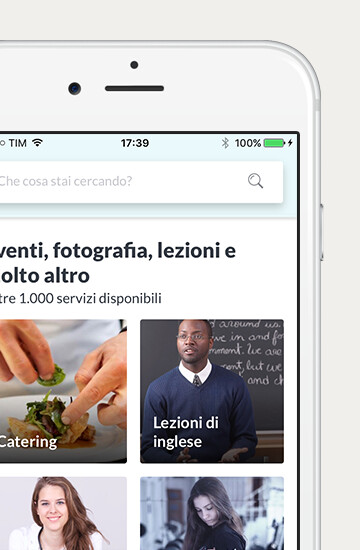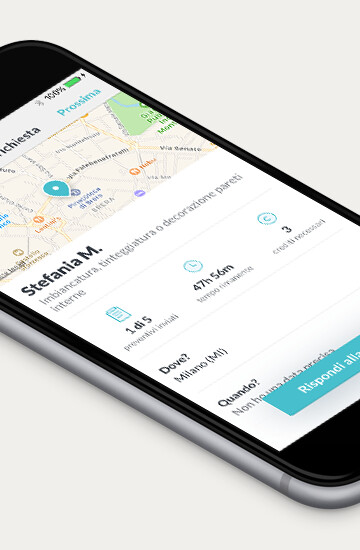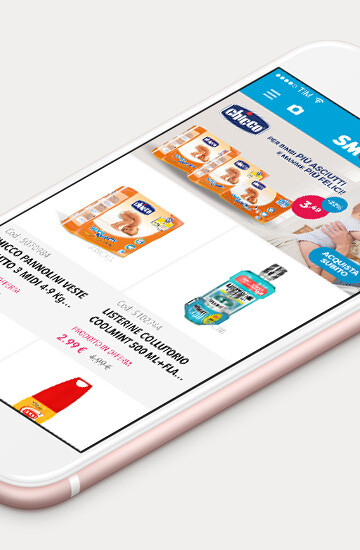As everyone knows now, Facebook completed the acquisition of the startup WhatsApp a few hours ago for a staggering 19 billion dollars. But why? What are the reasons behind this huge investment? Is WhatsApp really worth that amount of money? Let's find out together.
Only a few years ago, Facebook acquired Instagram, the popular social network for sharing and editing images, for 1 billion dollars. The goal was to improve the sharing and photo editing, which is something that Facebook lacked, but also to put its signature on a rising service and therefore potential competitors.
This is the second highest acquisition in the world in the Hi-Tech field, the first one was the acquisition of Compaq made by HP for 25 billion dollars.

Is WhatsApp really worth that kind of money?
In order to understand the real value, let's analyze some data:
With only 32 engineers, WhatsApp has collected "only" 8 million dollars since 2009 (founding year). So, why is it then that an app could be worth so much?
It's simple. About 450 million people around the world use daily this service to communicate for free. The messaging industry is booming and Facebook, despite the investment in its "messenger" app, failed to achieve a leading position. People prefer to talk to a dedicated and distinctive app, especially in Europe and Asia.
The growth of WhatsApp
WhatsApp travels at a speed much higher than that of Facebook, especially when it comes to emerging markets, such as India, Mexico and Brazil, reaching the incredible result of 1 million new users per day. Apparently, it's this trend that made Zuckerberg decide to acquire the start-up, because his goal is to grow by taking a prominent position in the developing countries' markets and to be ready for future developments.

In conclusion, WhatsApp was not purchased to increase Facebook's revenues - the company probably will not have those 19 billion dollars back. The app was purchased in response to the global movement of people on the mobile platform. Facebook bought it to "survive" in the future of an increasingly mobile world.
"We want to continue to develop a service that allows users to communicate with each other" this is the goal of Mark Zuckerberg, accessible now more than ever.



